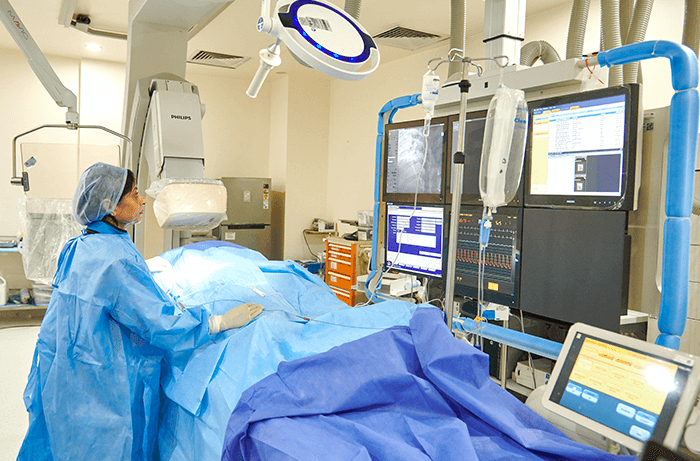×
Select Your Country
 International
International

×
Select Your Country
 International
International


A stroke is an emergency which occurs when either the blood flow to your brain is interrupted, preventing it from getting oxygen and nutrients, causing the death of the brain cells or due to rupture of blood vessels inside the brain leading to brain haemorrhage. Signs and symptoms of a brain stroke include:
Trouble in speaking
Confusion
Paralysis on one side of your body
Vision problems including blurred vision, blackened vision, double vision etc.
Headache
Vomiting
Dizziness
Altered consciousness
Trouble in walking
Imbalance
Strokes can be classified as 2 types
Ischaemic stroke: Narrowing or clogging of the blood vessels in the brain due to build-up of fatty deposits causes impaired blood flow (ischaemia) to brain tissue causing cell death
Haemorrhagic stroke: Brain’s blood vessels ruptures and bleeds into the surrounding tissues due to
Uncontrolled high blood pressure
High cholesterol
Uncontrolled high blood glucose levels
Cardiovascular diseases
Excessive use of anticoagulants/blood thinners
Aneurysm (Bulges at weak spots of the blood vessel)
Accidents / trauma
Cerebral amyloid angiopathy (Protein deposition in blood vessel walls)
Ischaemic stroke leading to brain haemorrhage
Transient ischemic stroke: Often known as a mini-stroke, the blood flow to the brain is interrupted for less than 5 mins. TIA is associated with a high risk of future stroke.
Based on your symptoms, the following tests are recommended:
A physical exam includes checking your heartbeat and blood pressure
Blood tests
Computerized tomography (CT) scan
Magnetic resonance imaging (MRI)
Carotid ultrasound: Blood and build-up of plaques (fatty deposits) in the carotid arteries of your neck are tested using sound waves.
Cerebral angiogram: A dye is injected into your carotid or vertebral artery to get detailed images of arteries in the brain and neck under X-ray imaging.
Echocardiogram: Sound waves are used to get detailed images of your heart and find out the source of clots in the heart that may have travelled to your brain that caused the stroke.
The management of stroke involves quickly establishing optimal blood supply to the brain, urgent evacuation of the bleed if it is significant. To reduce and treat complications such as paralysis and reduce the future risk of a recurrent stroke.